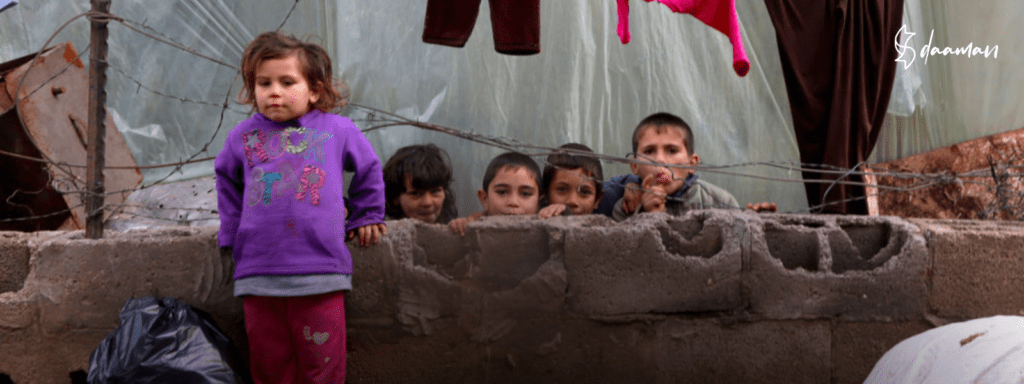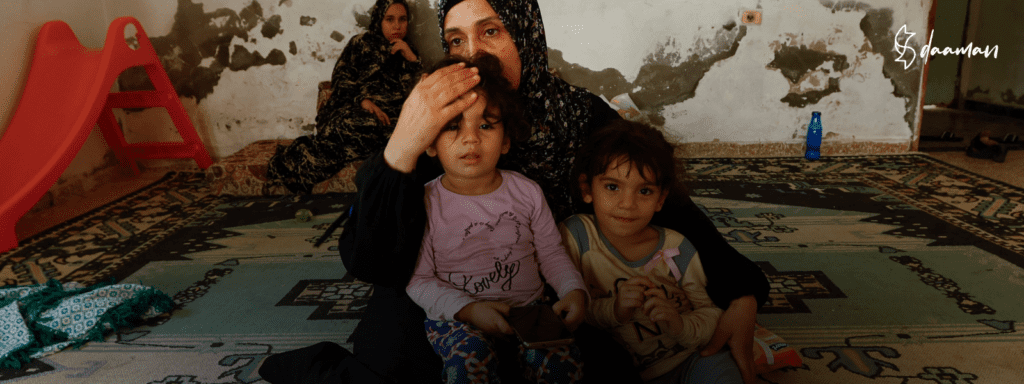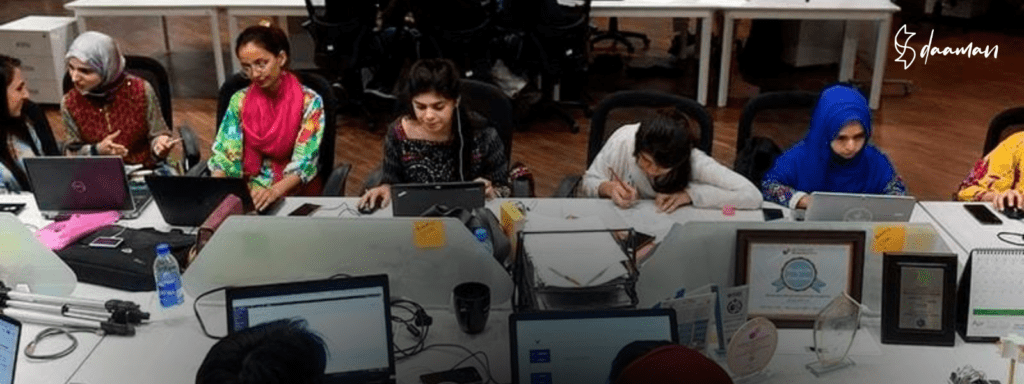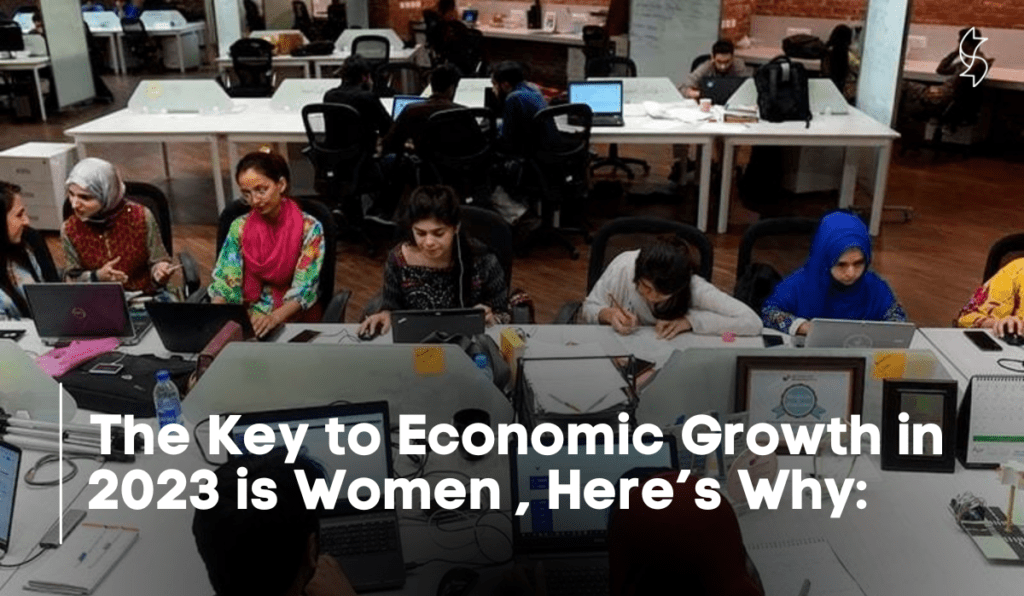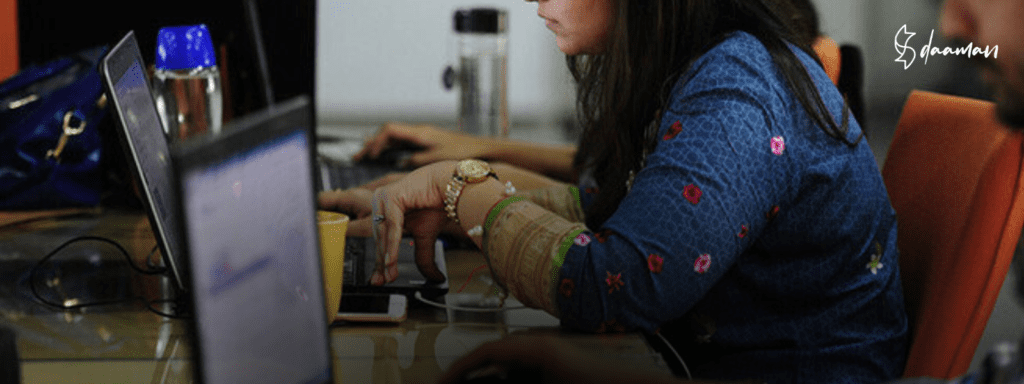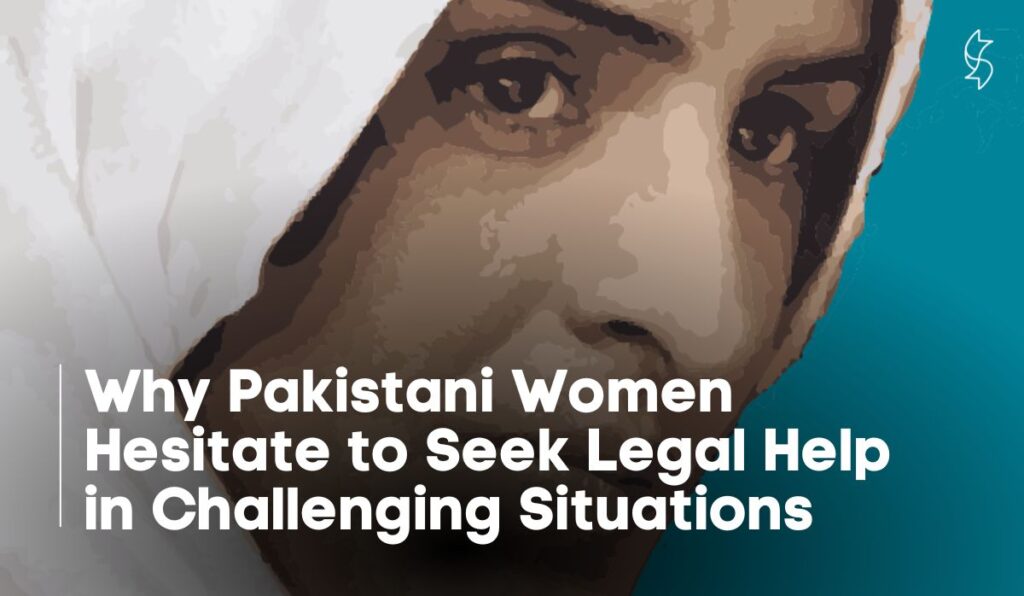Losing A Mother Figure: The Suffering of Palestinian Children
In the heart of the Middle East, the enduring Israeli and Palestine conflict has left a trail of suffering that extends far beyond physical boundaries. Amidst the geopolitical turmoil, one of the most heartbreaking consequences is the profound impact on Palestinian children, particularly the loss of maternal figures, sisters, and female presence. This article delves into the mental and physical consequences of such loss and the trauma it inflicts on children in their crucial developmental stages. Image Source: middleeasteye.com For decades, the Palestinian territories have been marred by political unrest, violence, and dispossession. The protracted Israeli-Palestinian conflict, marked by military incursions, border conflicts, and the building of settlements, has created a constant state of anxiety and insecurity for Palestinian families. This instability has had a profound impact on the psychological well-being of children growing up in this region. Loss of Maternal Figures and Female Presence The loss of maternal figures in the Palestinian context is often the result of violence, conflict, and displacement. Mothers are not only caregivers but also emotional anchors for their children. They provide a sense of safety, warmth, and comfort that is essential for a child’s development. When mothers are taken away from their children through injury, death, or displacement, it leaves an emotional void that is hard to fill. This loss is compounded by the absence of female presence in the child’s life. Sisters, aunts, and grandmothers, who often play pivotal roles in Palestinian families, also become victims of the conflict, further isolating children from the nurturing support system they need. Mental and Emotional Consequences Trauma and Grief: The loss of maternal figures and female presence engenders a deep sense of grief and trauma in Palestinian children. Witnessing the suffering and death of family members can lead to post-traumatic stress disorder, depression, and anxiety. Children often experience nightmares, flashbacks, and a constant fear for their safety. Attachment Issues: In the critical early years of development, attachment to a primary caregiver is crucial. A secure attachment fosters emotional stability and resilience. When mothers are absent, children may develop insecure attachment styles, leading to emotional difficulties in forming relationships and regulating emotions. Loss of Identity: Female figures often play a crucial role in transmitting cultural and family values. Their absence can lead to a sense of cultural disconnection and identity loss among Palestinian children. This may hinder their understanding of their heritage and history. Physical Consequences The mental and emotional toll of losing maternal figures and female presence can manifest in physical health problems as well. Children dealing with profound trauma often experience: Sleep Disturbances: Anxiety and trauma can lead to sleep disturbances, which in turn affect physical health. Poor sleep can lead to weakened immune systems and cognitive difficulties. Growth and Development Issues: Chronic stress can stunt a child’s growth and development. This can manifest in delayed physical development and poor nutrition due to the inability to access resources in conflict zones. Chronic Health Conditions: Trauma can increase the risk of chronic health conditions such as heart disease, diabetes, and obesity later in life. These conditions are often exacerbated by the lack of access to healthcare in conflict-affected areas. Image Source: anera.com. Addressing the Trauma and Loss The suffering of Palestinian children is a complex issue that requires a multifaceted approach. Humanitarian organizations and mental health professionals are working to provide counseling and support to these children to address the trauma they have experienced. Additionally, peacebuilding efforts and conflict resolution are crucial to create a safer environment for these children. The suffering of Palestinian children, stemming from the loss of maternal figures, sisters, and female presence, is a heartbreaking consequence of the ongoing Israeli-Palestinian conflict. The mental and physical consequences of this loss are profound and have a lasting impact on these children’s lives. It is imperative for the international community to recognize and address the unique challenges faced by Palestinian children and work towards a peaceful resolution to the conflict that will alleviate their suffering and help them rebuild their lives.
Losing A Mother Figure: The Suffering of Palestinian Children Read More »


